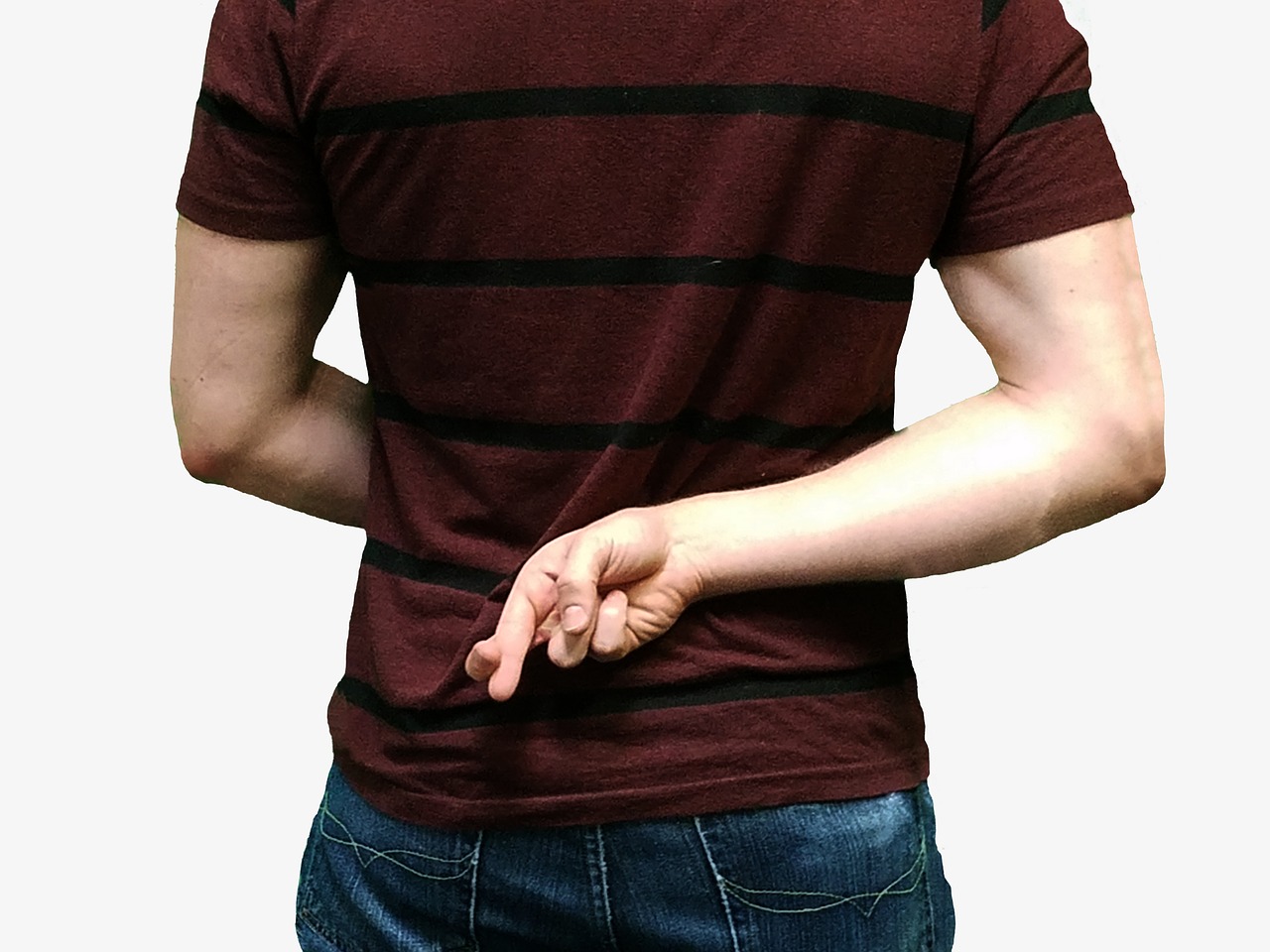Cheating in class – is it dangerous?

With all the pressure put on students to succeed, it’s no wonder more and more students are finding ways to cheat the academic system. Among many students, finding new ways to outsmart the instructor and get out of homework assignments is even a point of pride – because cheating is everywhere you look. Corporations, athletes, and politicians are all modeling this kind of behaviour, and when you’re already overwhelmed by all the work you need to do, it’s tempting to look for an easy way out. Especially since the internet is full of opportunities to access pre-written papers or the answers to homework assignments.
However, cheating has a much greater impact on our lives than we might think. Cheating in class is a dangerous game – and one students should be avoiding at all costs. Not only does cheating hurt students now, but it could lead to potential issues down the road.
- Cheating benefits cheaters.
We all know that the most prestigious institutions are looking for the highest achievers – and these are also the students who will be singled out as the recipients of important scholarships and bursaries. However, if these are being awarded to students who’ve been cheating their way to the top, it creates an unfair advantage for these students over their honest, hard-working peers who maybe don’t have all As, but who have put in the effort to earn their grades themselves.
- Cheating promotes laziness.
Most students don’t recognize that the work ethic and habits they form during their time at school are the same habits and work ethic they will carry throughout their lives. Cheating at work, or even just slacking off while you’re on the clock, is a lot more serious than most students think – it’s actually even a form of stealing. But by rewarding cheaters for their ill-gotten achievements, we’re helping to develop the idea that if they’re getting away with it, it’s not a big deal.
- Cheating undermines the importance of education.
This seems obvious, but it’s actually a serious concern. When students cheat to get a better score, they’re putting that desired result over the value of learning the material and working for the outcome they want. Instead of pursuing a true education, they’re really just pursuing a degree or a diploma that says they’re educated. If this is the case, do these certifications really many anything, anymore? And as they become adults who will vote and run organizations and make decisions for the future of our society, will they be sufficiently informed?
- Cheating breeds distrust.
When we say things like, “everybody cheats,” we’re overlooking how important it is for people to be honest and own up to their struggles. If we take it at face value that everyone is looking to cut corners and take the easy way out, how can we trust that our pilots can fly us across the ocean safely? Or that our surgeons will perform safe, successful operations? Deciding that cheating is okay because “we all do it” only gives us more reasons to doubt the abilities of others – and to devalue the importance of true hard work and honesty.
Get top grades, effortlessly.
Over 500 degree-holding experts are at your fingertips.
Do My Assignment